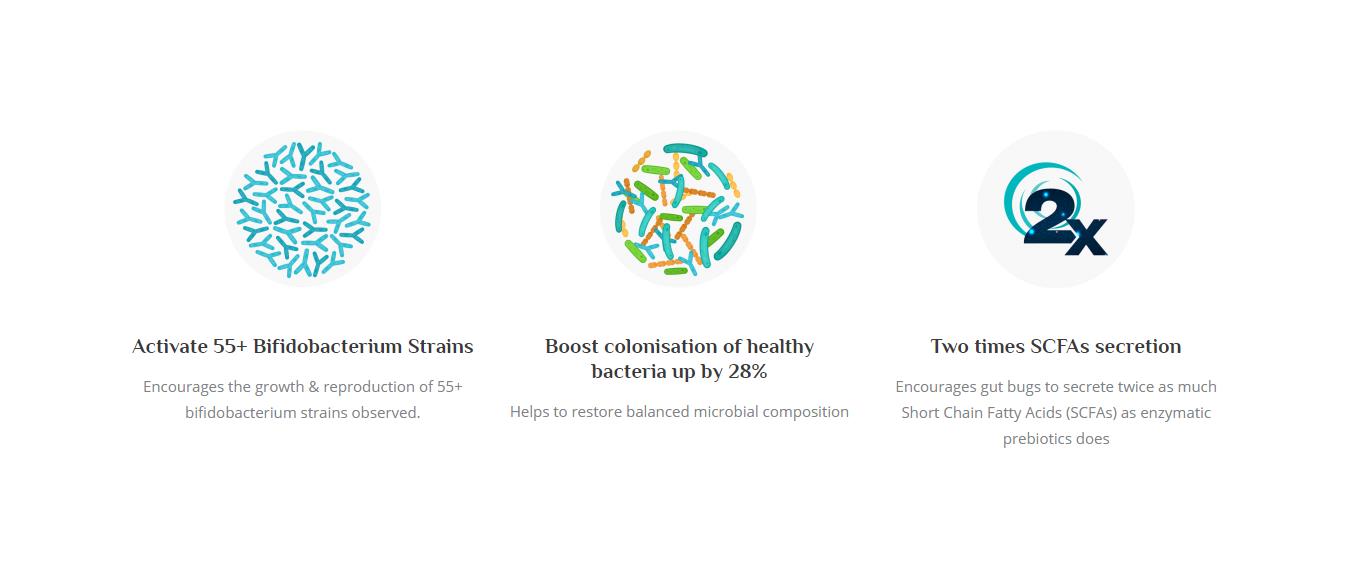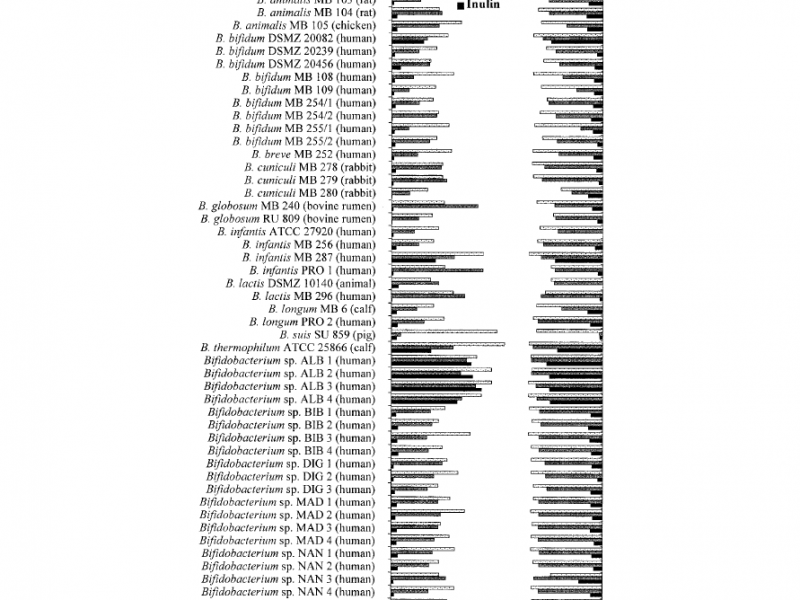
Viral Immunity
The further away we get from the COVID-19 pandemics initial announcement, the more information is provided on the long term severity of the virus. Dubbed “long-COVID” by scientists, over 32% of patients have suffered long term health effects from the COVID-19 virus. Recent studies have shown that the severity of both COVID and long-COVID are impacted by gut health, specifically the microbiome. COVID is a respiratory disorder, but the gut is the largest immunological organ, so it stands to reason that the gut and the resident microbiome will influence the immune response to any viral infection. BMJ.COM reported on a stool analysis of a range of people; people without COVID and people with varying severity of COVID. Strains known to improve immunity such as: Bifidobacterium adolescentis, Faecalibacterium prausnitzii and Eubacterium rectale, were all significantly lower in patients who had COVID. Extremely low numbers of Bifido bacteria and F.Prau were associated with more severe infection, after considering age and antibiotic use. Low numbers of these bacteria continued at least 30 days after the infection had ended. Blood samples from this study showed that a microbial imbalance is related to inflammation and tissue damage. Researchers acknowledge that these are important factors in long-COVID with the most common symptoms being joint pain, fatigue, and breathlessness. They conclude: “Bolstering of beneficial gut species depleted in COVID-19 cases could serve as a novel avenue to mitigate severe disease, underscoring the importance of managing patients’ gut microbiota during and after COVID-19.”
 NZFOS+ can increase the amount of beneficial bacteria in the gut by 28%, without introducing any new bacteria. Additionally NZFOS+ reduces the amount of pathogenic bacteria by 17% because it is able to create an environment that bad bacteria cannot survive in. As the numbers of good bacteria grow, they control the amount of gut pathogens, rectifying dysbiosis and therefore improving immunity. The development of beneficial bacteria increases short chain fatty acid (SCFA) production. NZFOS+ doubles SCFA production by providing a prebiotic for fermentation. SCFA’s are essential to regulating immune cells and reducing inflammation, they improve cytokine pathways and control the migration of immune cells. This is crucial in immune response to viral infections.
NZFOS+ can increase the amount of beneficial bacteria in the gut by 28%, without introducing any new bacteria. Additionally NZFOS+ reduces the amount of pathogenic bacteria by 17% because it is able to create an environment that bad bacteria cannot survive in. As the numbers of good bacteria grow, they control the amount of gut pathogens, rectifying dysbiosis and therefore improving immunity. The development of beneficial bacteria increases short chain fatty acid (SCFA) production. NZFOS+ doubles SCFA production by providing a prebiotic for fermentation. SCFA’s are essential to regulating immune cells and reducing inflammation, they improve cytokine pathways and control the migration of immune cells. This is crucial in immune response to viral infections.
Along with the quoted sites, this article contains information from:
Kim HS. Do an altered gut microbiota and an associated leaky gut affect COVID-19 severity? mBio. 2021;12(1). doi:10.1128/mBio.03022-20







